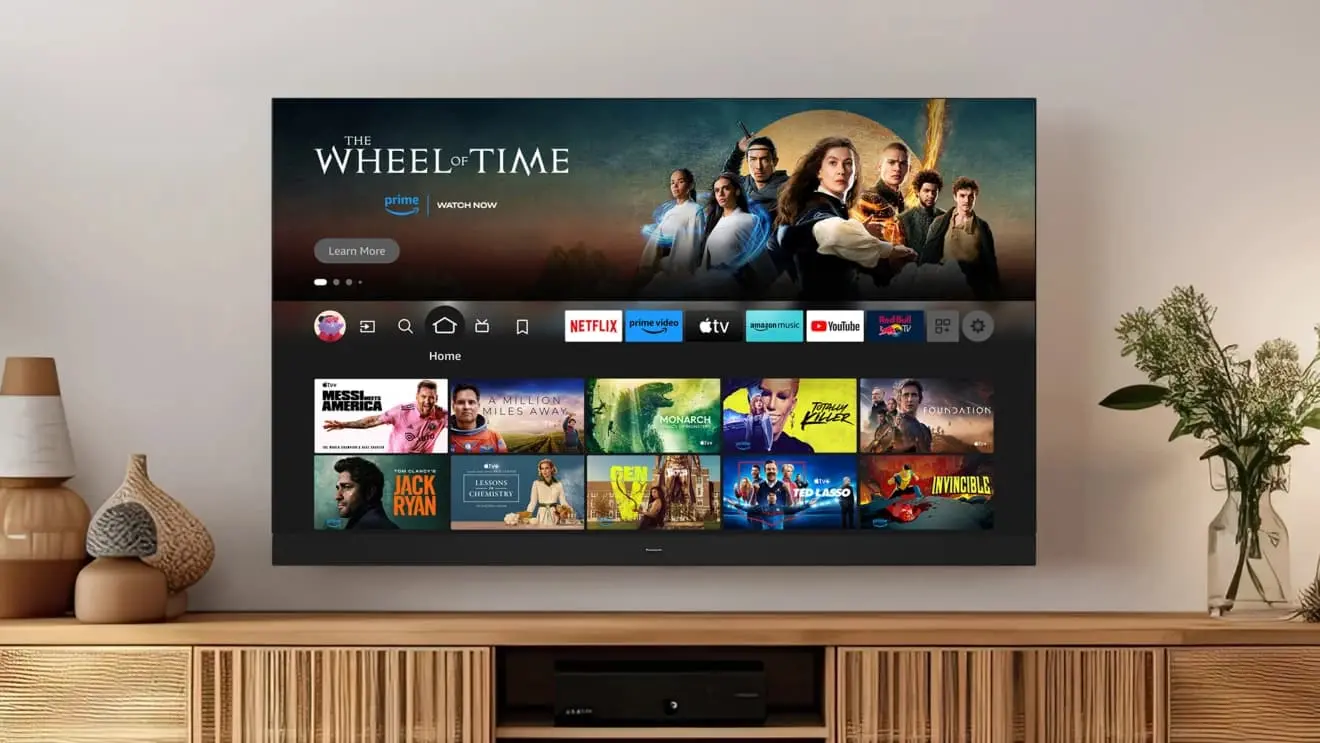- 3 Posts
- 822 Comments

 3·7 days ago
3·7 days agoI agree. But you see how that’s beside the point, right?

 151·9 days ago
151·9 days agoI’ve invented a new type of Vegetarianism: instead of eating veggies for every meal, occasionally you’ll add meat to your diet as well. It’s really the best of both worlds.

 2·11 days ago
2·11 days agoI don’t know what is typical, but when I use AI locally I’ve been running llama-cpp with models grabbed from HF (ex. QwenCoder). Then in my VS code plugin (RooCode) I use the “OpenAI compatible” option to point it at my local server.
Not sure how hard that is to get working, but my hope is that “OpenAI Compatible” helps.

 2·11 days ago
2·11 days agoAre there plans for mobile apps? In particular, obsidian and nextcloud don’t seem to work well together on android. Changes made to files via obsidian don’t get picked up by nextcloud unless I manually go sync the file. This might just be nextcloud’s app dropping the ball.

 1·11 days ago
1·11 days agoI see on the page it says you can bring an anthropic or openai key. Can I also point it at my own locally hosted model?

 24·15 days ago
24·15 days agoI wonder if you could make a self-hostable data poisoning automation utility. Put in a bunch of credentials for various social media sites, and it creates unintelligible usage patterns associated with your online identities. Not so much for poisoning training of generative AI, but for destroying any internal profiles any party might attempt to build on you by correlating your online behaviour.

 3·15 days ago
3·15 days agoIf everyone else moved, they would too. But no one will, so they won’t. Same as it ever was.

 2·17 days ago
2·17 days agoDoes this mean lemmy users can’t have the same name as communities? I’d just never noticed.

 5·18 days ago
5·18 days agoThe issue is that full screen games wouldn’t hold onto the mouse? Are these games running through proton (windows games being launched through steam)? If so, I know there’s an option in protontricks to tweak this behavior per game. “Automatically capture the mouse in full screen windows” in winecfg.
Alternatively, you can try tweaking your steam launch params to use gamescope. Ex.
gamescope -W 1920 -H 1080 -r 60 -- %command%Where the params denote the resolution and refresh rate of the window. You may need to install gamescope from your package manager.

 4·19 days ago
4·19 days agoI have an edge router and switch, and two unifi APs. All accounts running locally. Works fine for my uses, though I think if I had it to do over again I’d investigate pfsense or opnsense. Not sure about hardware tho.
since it uses ZFS I don’t know it would be good for home use
TrueNAS is all I’ve used for my home for the better part of a decade. It’s been fine, what is your concern?

 2·23 days ago
2·23 days agoHere’s a good, quick summary. Skip to 13:16.

 16·23 days ago
16·23 days agoPredicted…openly by Trump.

 15·23 days ago
15·23 days agoIf you watch to the end, he explains that the fake ending was so that he could also post a version that doesn’t get “partisan” for the people who want to share the first part about solar to people who may not recieve the second part well. But I don’t think there’s any risk of people not recieving it well here, and I think it’s important that as many people as possible see a typically non-partisan channel break the silence to denounce what is going on. I think if a huge swathe of internet “influencers” were suddenly this vocal, it would wake viewers up, it could change the course of history. It’s when everyone silently continues their regularly scheduled content that democracy silently dissolves.

 14·24 days ago
14·24 days agoIt was/still is in a bubble. People with a lot of it closed their positions because it was so high. As long as trump continues his same tricks to try and pump the stock market, there’s no reason it won’t go right back up.
I just use gimp, but for the record, someone recently got modern Photoshop working in wine
I feel like if that’s something you’re doing, you’re using containers wrong. At least docker ones. I expect a container to have no state from run to run except what is written to mounted volumes. I should always be able to blow away my containers and images, and rebuild them from scratch. Afaik docker compose always implicitly runs with
--rmfor this reason.

 2·28 days ago
2·28 days agoJust answering the question you asked.

 71·29 days ago
71·29 days agoSo they could view their cameras while they’re away?


Damn…any good forks of bcache yet?